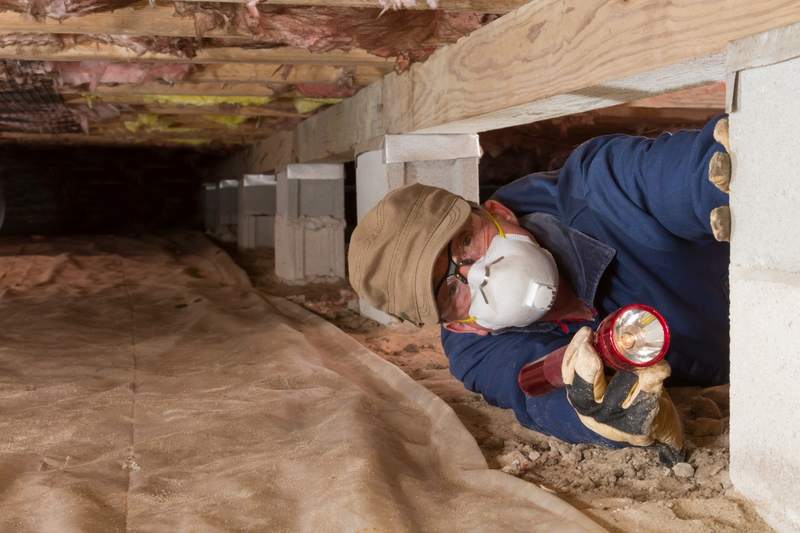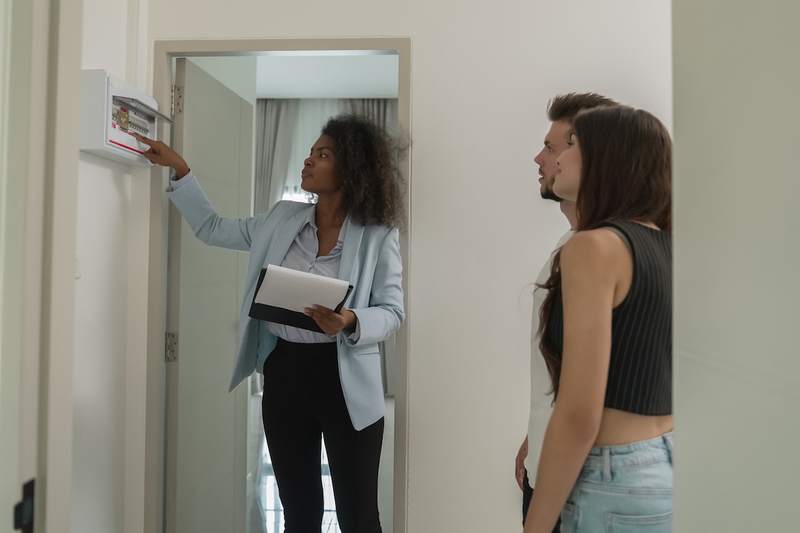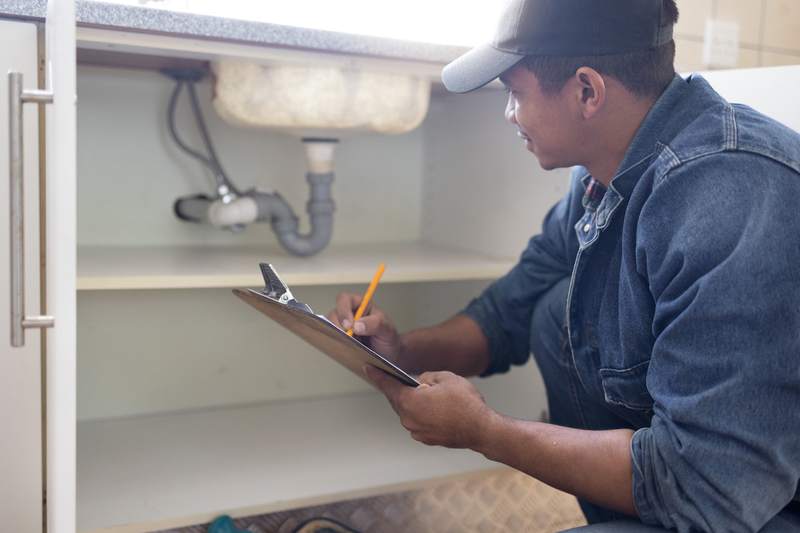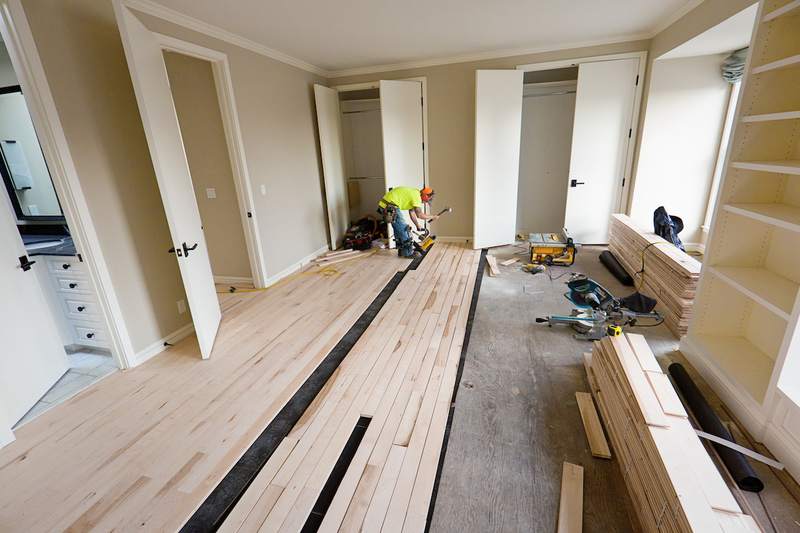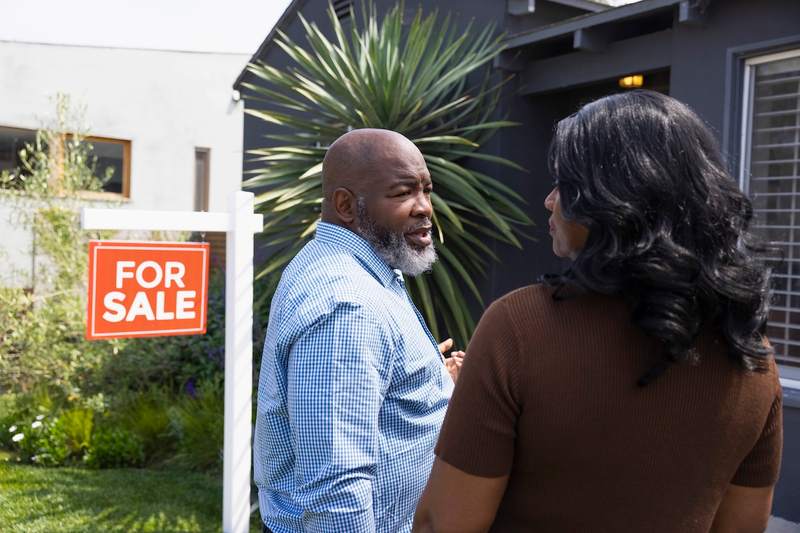
Disclosure: This article is not a substitute for legal advice. Please consult with a licensed attorney.
A new home may seem like the perfect fit at first — but sometimes, it’s just not meant to be. Can you back out of a house under contract? The answer is yes — and there are reasons to do so that can end up saving you money and headaches.
Here are some examples of when to back out of a home purchase.
1. Low Appraisal
If the home appraisal comes in lower than expected, it creates two problems.
First, it indicates you’re buying the home for more than it’s worth, which means you’re overpaying.
Second, lenders usually only approve loans that match the appraised value, not the purchase price. If you’re unwilling or unable to come up with the difference out of pocket — and that’s in addition to your down payment and closing costs — then you can try to negotiate a lower price with the seller. If that doesn’t work, you can walk away from the house entirely if you have the right contingencies in place.
2. Problems With the Home Inspection
It may be wise to walk away after the home inspection if the report reveals problems with the condition of the home. Ideally, the home inspection should show that the property is in great shape. But it’s possible for the inspection to reveal flaws that can be expensive to repair, such as mold or a leaky roof.
If serious flaws are detected, you can try asking the seller to pay for repairs. However, you can also back out entirely before closing. A home inspection contingency allows you walk away without penalty. Just keep in mind that it won’t cover issues that are less serious, like normal wear and tear.
3. Home Sale Contingency
If you already own a home, there’s a good chance you need to sell it to afford a new one. A home sale contingency protects you if you’re unable to sell your current home within a certain time frame. Even if you really like the new home, it might be a good idea to back out of the deal to give yourself more time to sell your old house. If you decide to walk away, and do so within the terms of the home sale contingency, you won’t lose your earnest money deposit.
4. Inability To Secure Financing
To begin touring homes, you likely needed a mortgage preapproval letter from a lender indicating the amount of money it expects to lend to you. However, preapproval isn’t a guarantee. If you experienced changes to your financial situation since you were preapproved, the lender could deny you a loan.
A financing contingency protects you if your loan application falls through, and you’ll be able to back out of the home purchase without penalty.
5. Your Agent Pressures You Into Making an Offer
Buying a home is a big financial commitment. It’s important to take your time and not let a real estate agent or Realtor pressure you into making an offer before you’re ready. If the listing is misleading but the agent overemphasizes the demand for the home, you might feel the need to rush an offer to beat out the competition. But if you are having second thoughts, and feel like your agent pressured you, then it might be best to walk away entirely.
6. Unacceptable Conditions for an FHA Loan
Loans backed by the Federal Housing Administration can help you get a mortgage if your credit isn’t so great and you can’t afford a high down payment. However, the home must meet eligibility requirements. An FHA appraiser will determine the home’s value, and an inspection will be performed to make sure that the home is safe and secure, and free of major defects.
If the inspection results don’t meet FHA standards, you may be denied a loan. Without financing, you’ll need to back out of the deal.
7. Boundary Lines Are Off
Before your closing, you’ll want to get a land survey to verify the property lines. If the property is smaller than described, or its boundary measurements vary from expectations, you may want to reconsider the price you’re paying for the property.
8. Repairs Weren’t Made
If the home inspection reveals that repairs are needed, you can use it as leverage to negotiate terms with the seller. Since addressing these repairs will come as an additional cost to you, you may be able to get the seller to cover them as a contingency of the purchase. If the seller agrees to pay for repairs but the final walk-through shows that they weren’t made, you can back out of the deal.
FAQ: When To Back Out of a Home Purchase
Here are answers to some frequently asked questions about when it’s a good idea to walk away from a home purchase.






